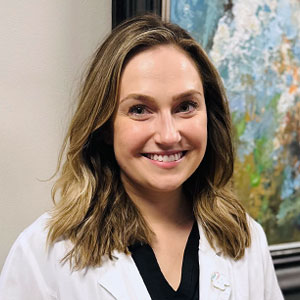
Just like a post you place when building a fence, a dental post is intended to keep something stable and in place—in this case, a tooth. From a basic description, you might think a dental post and a dental implant are the same thing. In fact, they are quite different.
A dental implant is an artificial tooth root that serves as the foundation for a fake tooth crown or dentures. A dental post is added to an existing tooth that is still in place but needs to be reinforced.
Dentists use a dental post to help stabilize and secure a tooth that has undergone root canal treatment (also called endodontic treatment: “endo” means inside, “dont” means tooth). The root canal is the tube inside your tooth that contains all the tissues that nourish your teeth. If these tissues become damaged or infected, you will need root canal therapy to clear out the bad tissues and seal the canal back up again.
In some cases, in addition to infection in the root canal, there is decay (big cavities) in the outer structure of the tooth that needs to be removed. After the decayed parts of the tooth is removed, there sometimes isn’t enough tooth structure left to keep the tooth stable. In this case, the dentist will install an artificial post to connect the tooth with the remaining tooth root that is embedded in your gums and jaw. This additional reinforcement helps make the tooth and any fillings sturdy so they function like a healthy tooth again.
Dental posts are made from either titanium, titanium alloy, or composite materials. Today, fiber-reinforced resin-based composite posts are the most common. Sometimes, depending on the size and condition, the dentist may place more than one post in a tooth (for example, in a molar). Dental posts are not used in all root canal or endodontic treatments, and there are very specific clinical reasons for choosing to place a dental post that your dentist will consider carefully when planning your procedure. If your endodontic treatment will involve the placement of a post, your dentist will review this with you when you go over what your treatment will entail.
7:30 - 7:30 Weekdays!
7:30 – 12:00 Saturdays




